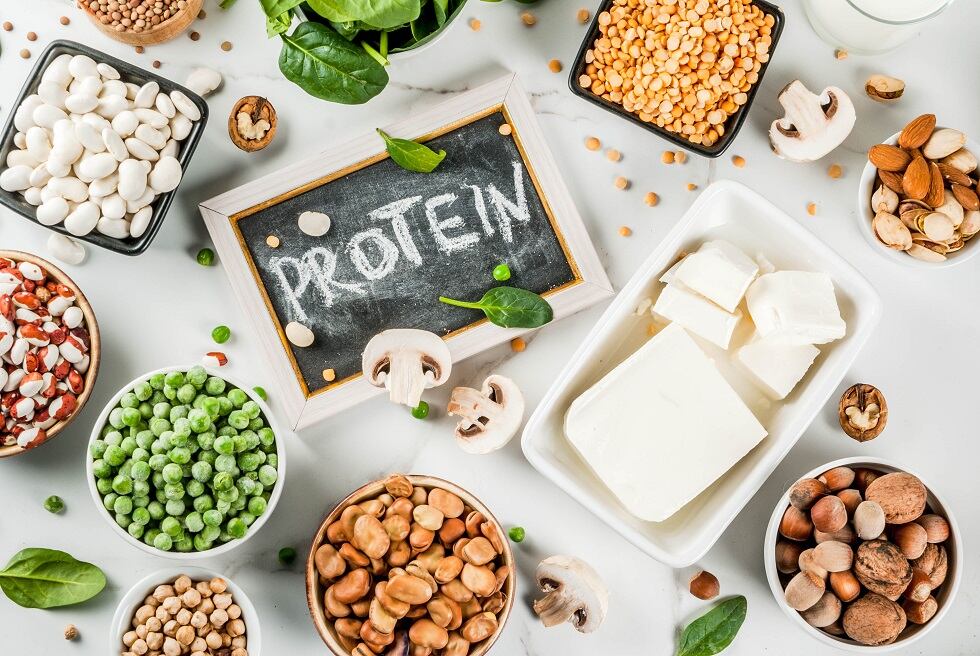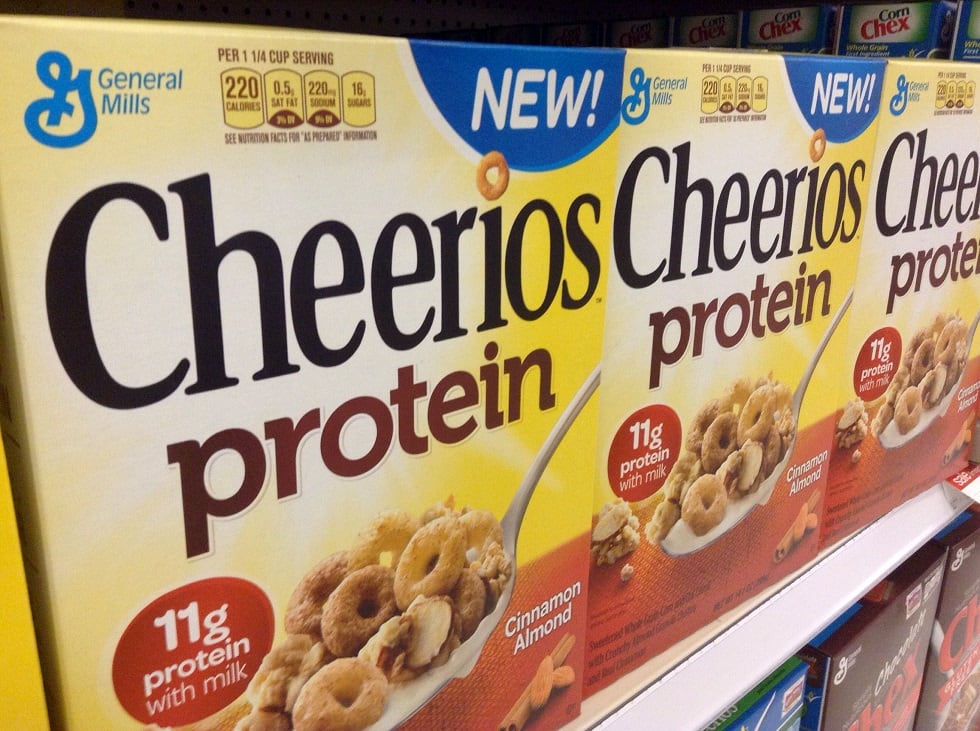The consumer research firm said that, with demand for high protein foods growing, especially among biscuits and nutritious snacks, packaging plays a “vital role” in informing consumers.
“The effect this protein trend has had on sales is clear,” it added.
“In Australia, there has been a sales boost of 22.3% of items described as containing protein against 2% of total grocery growth… Similarly in the US, protein produce with ‘high protein’ on its packaging saw a 157% increase year-over-year.”
Data indicated that, in Australia, sales of snacks that did not use protein claims on pack grew by 3.2%, compared to a 5.8% sales increase experienced by those that used the claim. Overall, snacks that claimed a protein content equal or greater than 5g per serving grew 4.5% in sales.
Nielsen noted the country’s cereal category experienced a similar trend.
Those making a protein claim grew by 1.4% in sales, versus a 3% sales decline by those that did not.
Missed opportunities
Nielsen compared nutritious snacks and cereal with other high-protein foods, like yogurt, and noted that none of these categories really took the best advantage of the protein label.
It reported that only 38% of snack manufacturers and 44% of cereal manufacturers made use of the claim.
However, the percentages of items in these categories that actually claimed protein are significantly lower: nutritious snacks at 17% and cereals at 18%.
“With the missed opportunity calculated based on assumption that not claiming items could be growing at the same rate as claiming, lost opportunity varies from AU$2.2m ($1.63m) in nutritious snacks to AU$6.9m ($5.12m) in cereal,” it said.
Yogurt, which has been transformed as a new way of snacking by many dairy companies, lost out on the most in dollar sales by comparison.
According to Nielsen, 77% of yogurt products are qualified for claiming protein, yet only 19% adopted the label, resulting in a lost opportunity of over AU$50.1m ($37m) in sales.
“As Australian shoppers continue to seek out various products to satisfy their growing health and wellness interests, protein will continue to be a key purchase driver in grocery,” said Nielsen.
“Manufacturers need to meet their consumers’ needs and wants with beneficial and relevant product information on packs.”


